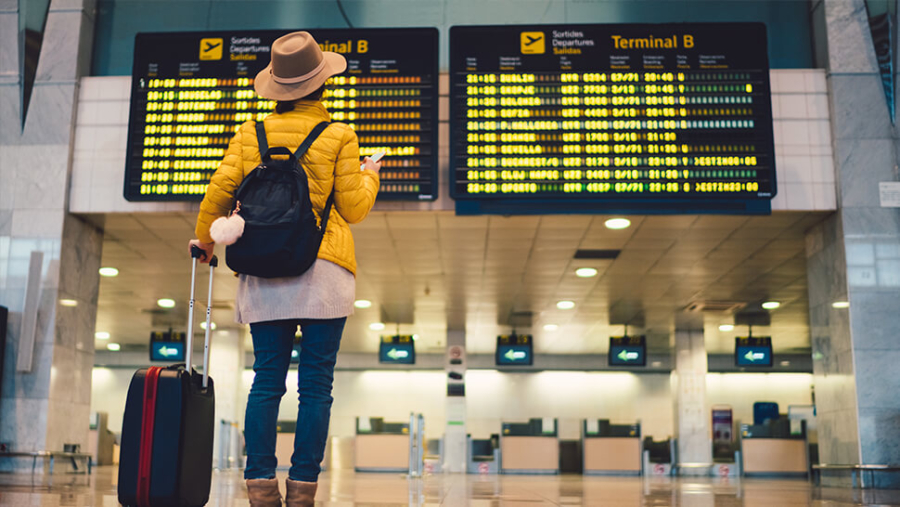
Rules on carrying over annual leave to be relaxed to support key industries during Covid-19
22 April 2020

Workers who have not taken all of their statutory annual leave entitlement due to Covid-19 will now be able to carry it over into the next two leave years, under measures introduced by Business Secretary Alok Sharma.
Mr Sharma said the changes were intended to ensure all employers affected by Covid-19 have the flexibility to allow workers to carry over leave at a time when granting annual leave could leave them short-staffed in some of Britain’s key industries, such as food and healthcare.
Currently, almost all workers are entitled to 28 days holiday including bank holidays each year. However, most of this entitlement cannot be carried between leave years, meaning workers may lose their holiday if they do not take it. The exceptions to this are (in relation to the four weeks of annual leave under regulation 13 Working Time Regulations) when a worker cannot take annual leave due to sickness or maternity leave or (in relation to the 1.6 additional weeks of annual leave granted by regulation 13A) through an agreement between workers and their employers.
There is also an obligation on employers to ensure their workers take their statutory entitlement in any one year – failure to do so can result in a financial penalty.
The Working Time (Coronavirus) (Amendment) Regulations 2020 will amend the Working Time Regulations 1998 to create a specific exemption relating to Covid-19 which will allow up to four weeks of unused leave to be carried into the next two leave years.
The changes will apply to almost all workers, including agency workers, those who work irregular hours, and workers on zero-hours contracts.
ACAS has given examples of circumstances where the exemption might apply, such as where a worker:
- Is self-isolating or is too sick to take holiday before the end of their leave year
- Has been temporarily sent home as there’s no work (‘laid off’ or ‘put on furlough’)
- Has had to continue working and could not take paid holiday.
Many employers may already have in place contractual or collective agreements to allow the carry-over of holiday. The new law will not affect any of these agreements.
Employers should note that a number of practical consequences are likely to flow from the changes:
- If an employee or worker leaves their job or is dismissed during the two-year period, any untaken paid holiday must be added to their final pay
- If someone is temporarily sent home because there’s no work (for reasons related to Covid-19) they’ll continue to accrue holiday in the usual way
- If employers do not already have an agreement in place, they may wish to decide whether they’ll allow extra holiday (more than the four weeks’ paid holiday) to be carried over, including the remaining 1.6 weeks of statutory annual leave and any contractual holiday above the legal minimum.
- If an employee no longer wants to take time off they’d previously booked, for example because their holiday has been cancelled, their employer may still tell them to take the time off. If the employee wants to change when they take this time off, they’ll need to get agreement from their employer.
- If employees and workers cannot take bank holidays off due to coronavirus, they should use the holiday at a later date in their leave year
- If this is not possible, bank holidays can be included in the four weeks’ paid holiday that can be carried over. This holiday can be taken at any time over a two-year period.
ACAS’s guidance suggests that they think employees cannot take holiday whilst on furlough, although the government have not given any confirmation to date on how taking holiday and furlough interact
If your workplace has a recognised trade union, or there are employee representatives who work with you on these matters, you should involve them in agreeing changes.










